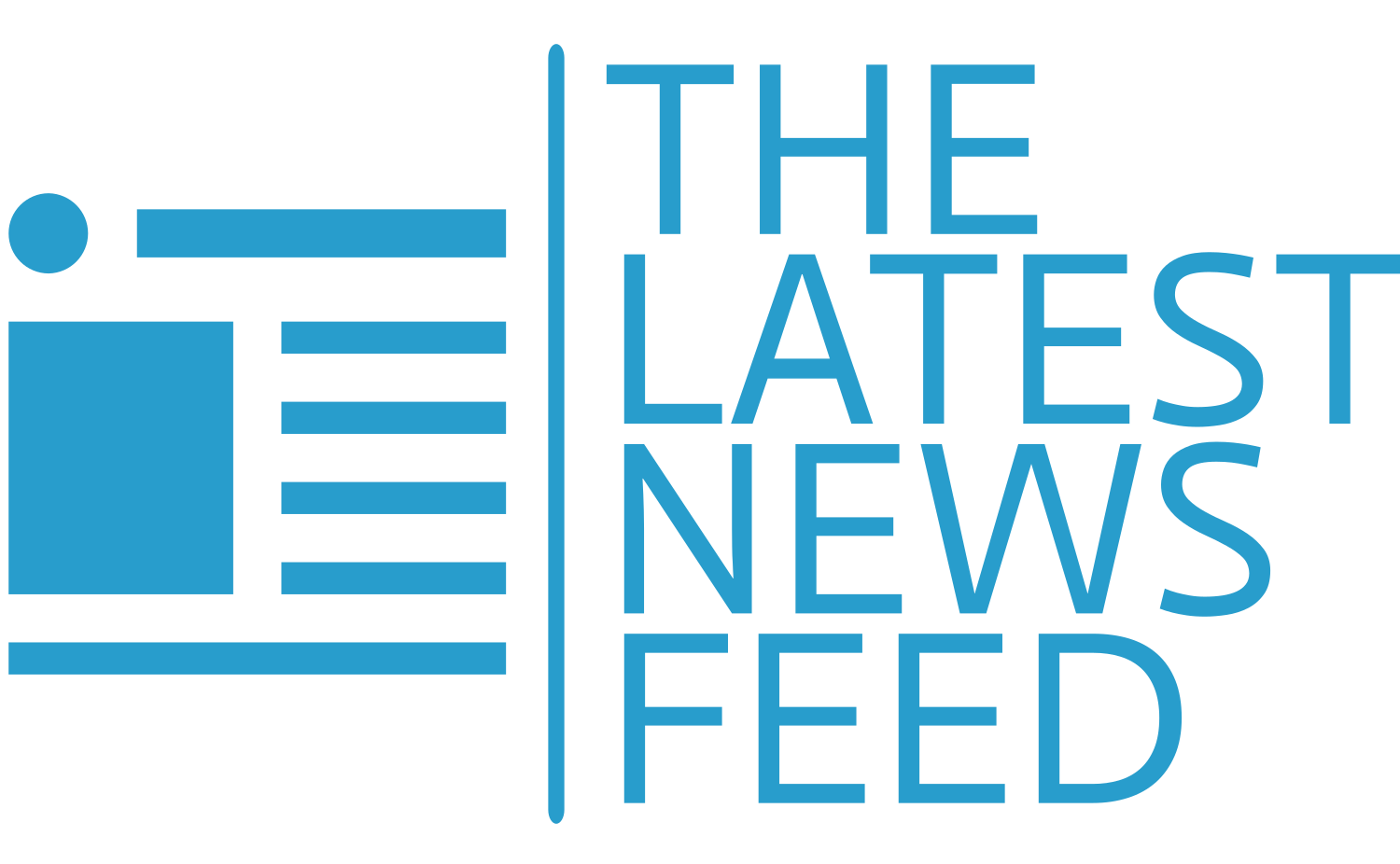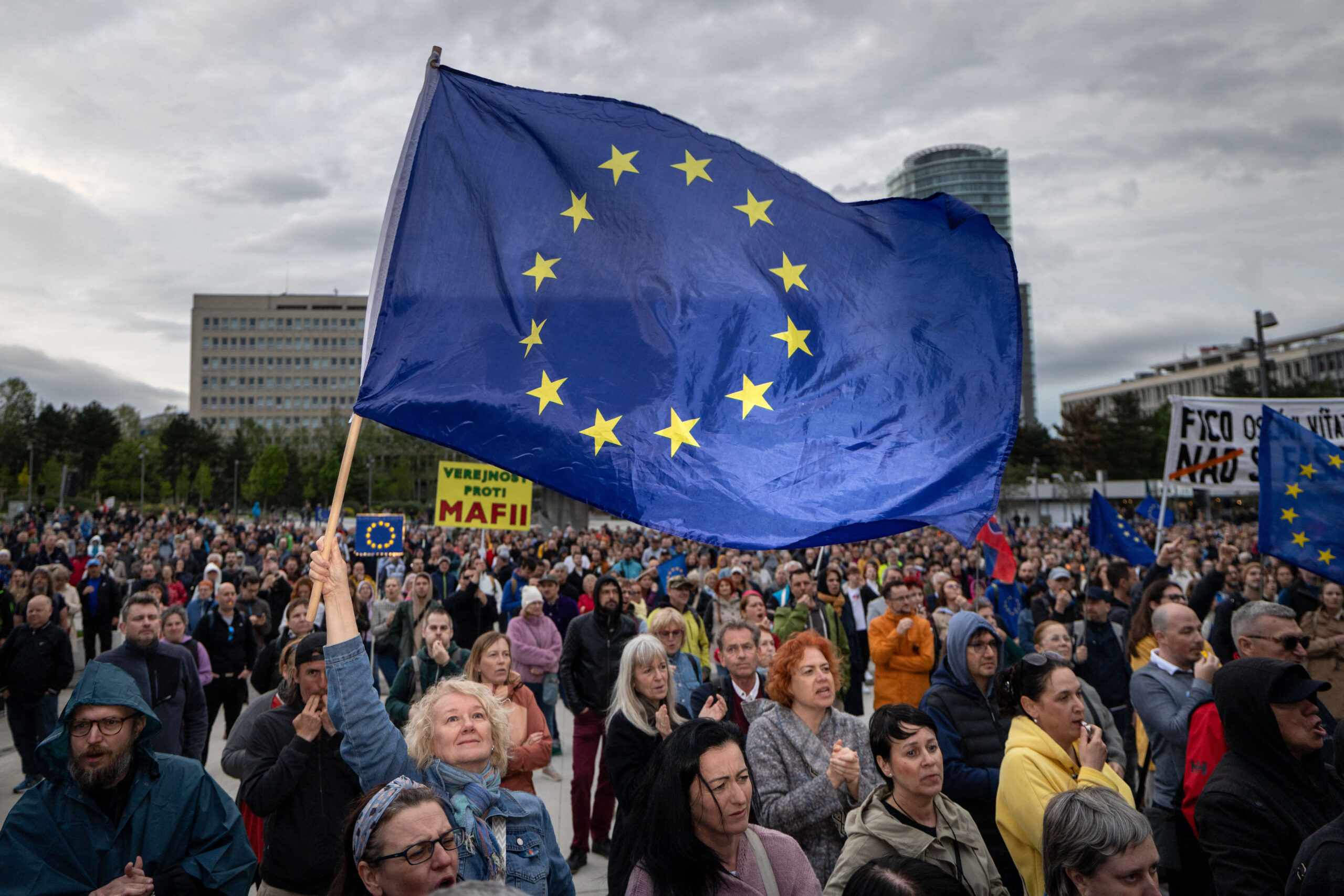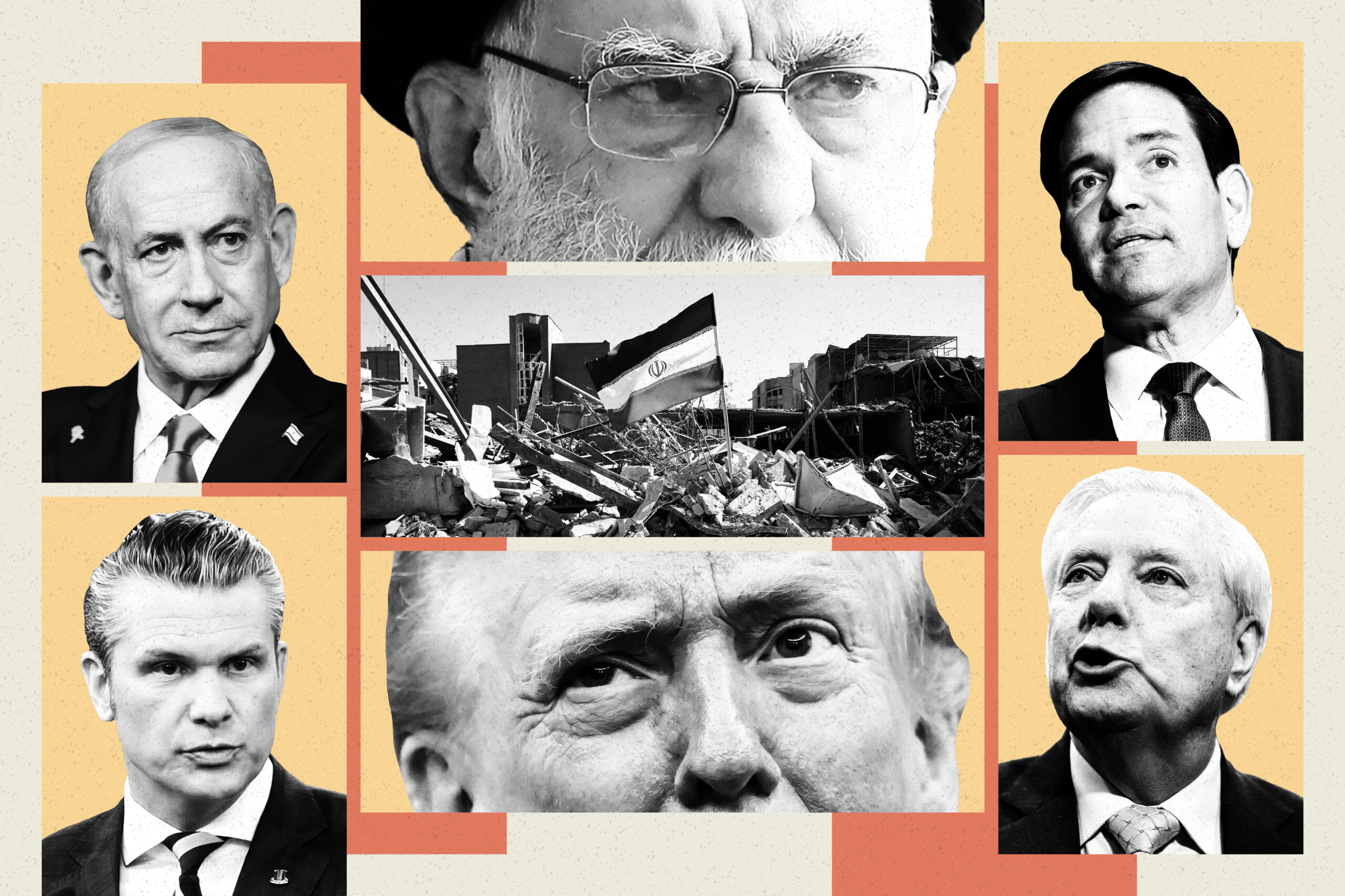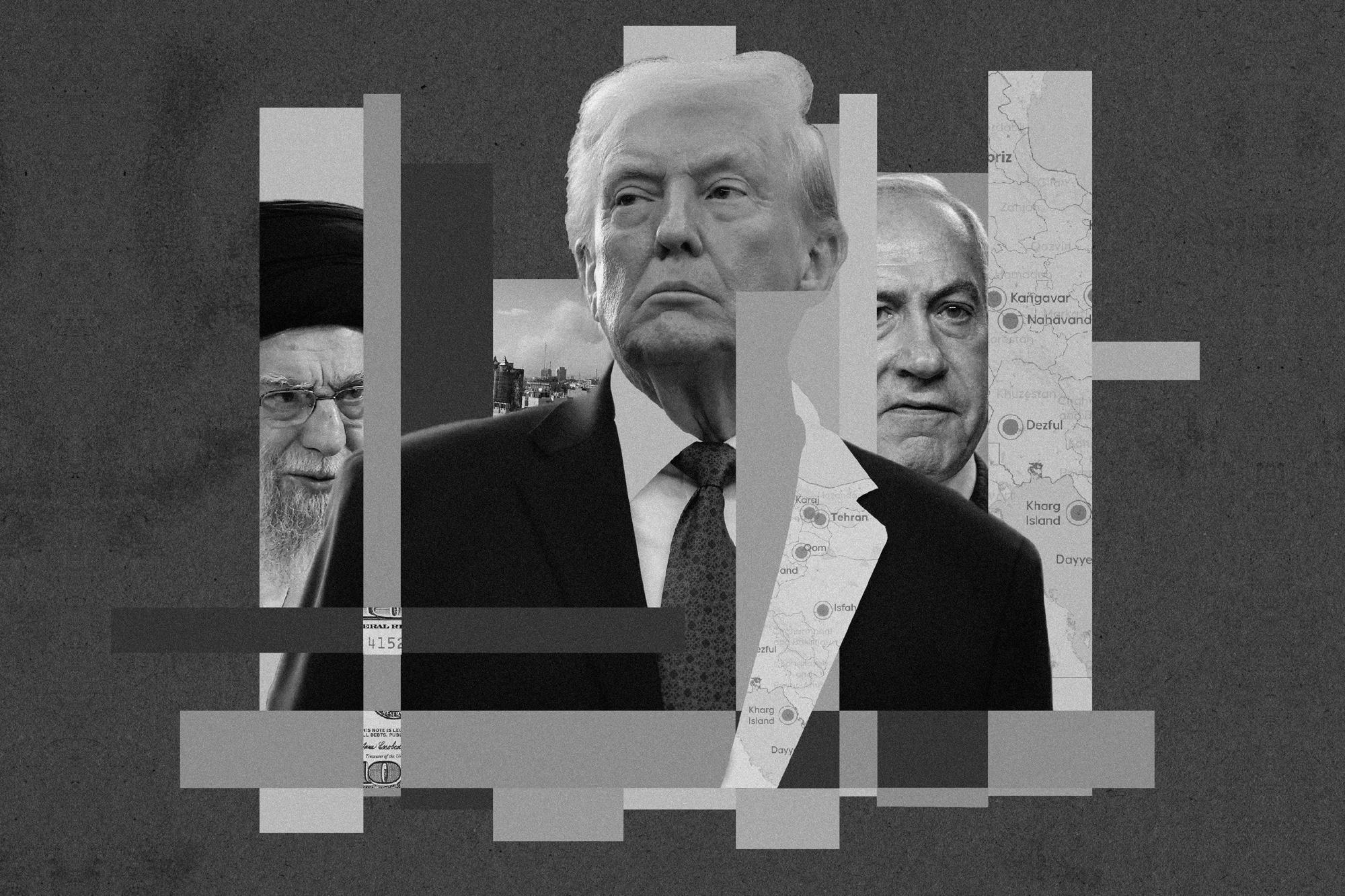Much has been made of Mark Rutte recently calling President Donald Trump “daddy” at the recent NATO summit. Certainly, the slip indicates how impotent Europe has shown itself to be in the face of geopolitical threats. But dependence on American support for its defense is not the only problem. The European Union, a bold experiment in international governance envisioned in the follow-up to World War II, has reached its limits.
What we are witnessing is a sunset of Europe, the decline of a union founded on principles of peace and diplomacy that can no longer effectively respond to the moment. Today’s crisis requires decisive action — not the cooperation and incrementalism designed to prevent war, but the admission that war is already here, and that now it is time to fight.
In the 1950s, after the calamity of World War II, European countries, understandably, were desperate to find an arrangement that would safeguard the peace and security of the continent going forward. The uniting of European nations began with only six countries as its founding members (France, Germany, Italy, the Netherlands, Belgium, and Luxembourg), comprising an institution radically different in size and scope from the one we know today. France and Germany were constant sources of tension for the continent, and leaders were eager to find a way to prevent these conflicts from spiraling into another war.
The simple idea on which the European project was founded was that economic integration would liquidate the threat of war. Countries financially and politically intertwined with one another would have more at stake in ensuring continued peace. Cooperation would increase the economic pie for all, and that would in turn create incentives against military escalation.
As the European experiment grew, it changed not only in scope but in its fundamental nature. It began its radical transformation with the Maastricht Treaty in 1991, which established the European Union. A few years later came monetary union, the adoption of the euro, and subsequently the Schengen Agreement which opened borders inside Europe. All these changes paved the way for further growth: In 1995, three countries, Austria, Finland and Sweden, joined the Union; in 2004, in one big-bang enlargement, Europe invited 10 additional members. The formerly subjugated countries of the East were accepted into the fold, given a chance at stability, prosperity and a peaceful European future. It was also a geopolitical promise: Those who adhere to Western values and accept the rules can become members of the European family. Throughout this process of growth, the European project continued to hold on to the same idea: that free trade, prosperity and liberal values would serve as bulwarks against the threat of war.
Unfortunately, that idea, as logical as it may have seemed at the start, has not panned out.
It is true that we have seen, as the European experiment has unfolded, a series of remarkable successes. Even the continuity of the project, spanning so many years, is itself a form of achievement. But the union’s successes have been rooted in its bedrock principles of incrementalism and cooperation. Naturally, an organization founded on such principles gives rise to a certain style of politics, and a certain brand of politician who excels within its parameters, one who is cautious, well-spoken, an excellent negotiator. The institution shapes the individuals within it, and vice versa. Over time, the prevailing pattern becomes more and more entrenched.
The problem is that, eventually, a challenge will arise that requires a deviation from the accepted method of doing things, an extreme threat that requires extreme action. When that happens, a system built on finding consensus and avoiding conflict will have a hard time embracing radical change. Not to mention the massive institutional inertia that must be overcome in the case of the EU; consider the sheer number of countries, offices and officials involved.
As cracks — or, more aptly, chasms — have emerged in the system, radical parties have unsurprisingly sprung up in the empty spaces. They reflect the public’s understandable backlash to the style of incrementalism that has come to dominate European politics, and that has shown itself woefully incapable of responding to present challenges. An alternative has long been desperately needed and has not been provided within the framework of the mainstream political parties. The extremist parties that have emerged may have correctly identified and capitalized on the problem — that the politics of cooperation is insufficient to rise to today’s challenges — but they do not represent any real movement toward a solution.
The solution requires a wholesale re-envisioning of what European leadership will look like in the 21st century, in response to the new threats facing the continent. These threats are existential ones; they come from Russia, China, Iran, North Korea, a vast network of terrorist groups, and all the other entities that make up what can be called the global network of authoritarianism.
Confrontation is a vital part of the ideology of these regimes; part of their very DNA is the assault and destruction of free, democratic market economies. Their survival necessitates waging war on their enemies. The EU is not equipped to deal with outside actors who fundamentally threaten its existence, with whom it cannot find a negotiated solution and peacefully coexist. The politics of minimizing risk and looking for consensus has no place when you are engaged in a war for survival.
And let’s be clear: Today, the Western world is at war with the enemies of democracy. We need institutions that are capable of addressing this dire threat, of mobilizing all available resources and taking urgent action, not looking for concessions and work-arounds wherever possible. The structure of the EU as it is today was not built to transition to a regime of confrontation, having been founded and nurtured on a vocabulary of cooperation. The assets that have been its greatest strengths are fundamentally unsuited to the nature of the present challenges.
In addition to the growing strength and consolidation of the global authoritarian network, we have seen the simultaneous retreat of America from the international stage. That’s why NATO is not the answer to the challenge Europe faces from the authoritarian network — it is too thoroughly dominated by and too dependent on the United States.
It is easy to blame Trump for pulling back and leaving Europe weak and defenseless, but he has only exposed what has always been a devastating flaw in Europe’s architecture. The EU was established and cultivated under the umbrella of American protection, its formula of economic integration never tested without the might of the world’s largest military power to back it up. The Union has never had to stand on its own.
It was neither realistic nor wise to expect America to always foot the bill for the continent’s security, and Trump has finally pulled the rug out from underneath this flimsy assumption. Europe has been left scrambling to find a way forward, as Putin continues his advances — and America largely withdraws to the sidelines.
The latest trade deal signed with the U.S. only underscores this dependence, and its high costs. The one-sided tariffs and the $750 billion the EU pledged to spend on American energy are barely disguised payments for the continued presence of the American troops that remain on the continent. Europe, unable to furnish its own defense, is hanging on to whatever America is willing to provide.
So far, Europe has not been able to mount an effective response to the threat from Russia, because to do so requires an entirely new, and bold, paradigm for European governance. Instead, we have seen European countries floundering, taking scattershot actions in the direction of their goal, with no real appetite for confrontation. The history of sanctions imposed on the Putin regime over the course of the war in Ukraine is a perfect illustration. Eighteen tranches of sanctions have been signed into law, and yet Putin is still able to wage his war, maintain the offensive on the battlefield, and engage in business with his international cronies. There is still plenty of room to inflict economic damage on the regime, even after all these rounds, because none of the sanctions were designed to deal a decisive financial blow. They are exemplars of the incremental approach to policy-making that the EU embodies, one that aims to nudge the adversary to the negotiating table gently. Of course, this kind of approach does not work on a dictator; indeed, it only feeds their aggression.
Another example is the 1 million 155-millimeter artillery shells that were supposed to be sent to Ukraine. Half a year later, Europe had to admit that a union of 27 countries was unable to produce or procure that amount. To add insult to injury, Russia announced that North Korea had provided 1 million shells from its own stockpiles. One of the poorest nations in the world had, apparently, out-performed the most prosperous continent in supplying ammunition to its wartime ally.
In the absence of European leaders willing to accept authorship for its new path forward, the continent’s future might very well be written in Moscow. If Putin were to attack a NATO country that is also a member of the European Union, that would shake the foundations of European unity like nothing before. And so it is worth asking whether a Europe that is unable to defend its own people can have any meaningful future. A meeting held after the bombing of a European capital to discuss a compromise resolution would serve only as the tombstone for the European project itself.
Even if the worst-case scenarios do not materialize, the Union’s current ineffectiveness has already become crippling. Could today’s Europe have the vision and ability to create something like the Schengen Area or the monetary union? Can it meaningfully enlarge if deadlock eventually reduces it to the status of a mere spectator in the war against Ukraine, the hybrid war against Moldova, or the non-military takeover of Georgia?
The inescapable conclusion is that the EU is risking irrelevance and evaporation unless fundamental changes are made to the Treaty itself. This is obviously a monumental task, but after witnessing so many bottlenecks and breakdowns in the current system we at least have a clear picture of what the necessary changes would need to look like. And the basic proposal isn’t even new.
In 2017, German and French leaders floated the idea of a “multi-speed Europe,” proposing the most fundamental overhaul of the framework of the EU to date. Had it not been for the Covid-19 pandemic and Russia’s war on Ukraine that followed, this proposal could have evolved into a more vocal debate on the regionalization of the Union. This idea still has the potential to make a comeback, particularly in the Nordic-Baltic region, where countries are actively seeking stronger security and defense integration, and where the Russian threat is clearly understood. Meanwhile, parts of Western Europe are already diverging in interests from those in the North. And in the illiberal bloc, Hungary and Slovakia are eagerly awaiting elections in Czechia, hoping a new government will join their anti-European, pro-Russian ranks.
And yet, today’s European leaders continue to hold on to the ideal of a wholly peaceful bloc, touting this commitment to non-aggression as what differentiates it on the international stage. It is as though adapting to the new reality of war would invalidate the EU’s founding mission, when it is precisely the opposite — embracing new, tougher measures is the only chance Europe has to save the peace-driven project it has so carefully fostered.
In that spirit, it’s time to turn over a new page in the evolution of the EU. Russia’s imperial ambitions were not limited by the Minsk agreements in 2014 and 2015 but could be limited by a revision of the treaties that form the Union.
It is now time for the next iteration of the European project, rewired and reinforced for the future.
First, unanimity. The European Union was founded as a project of shared goals and has passed mountains of agreements intended to advance its vision. Achievements on such a scale now seem unimaginable — because not everyone in Europe shares a common purpose. Hungary, one of the top recipients of EU cohesion funds, is actively working against the European project. Slovakia is not far behind. On security, Spain still insists that the EU is a project of peace and culture rather than a coalition that also has to defend itself. If Europe is to survive, it must abandon the principle of unanimity.
Second, geopolitics. Europe healed many of the wounds left by the Cold War by welcoming the countries of the Eastern flank into its fold. This enlargement was arguably the EU’s greatest geopolitical success. But the task is not finished, and there are more benefits to be reaped. Ukraine, Moldova, Georgia and Armenia have populations that overwhelmingly identify with the West. The EU must either offer these countries a credible path to a European future, or the enemies of democracy will continue to build paths for them in the other direction.
Third, defense. The project of peace cannot survive if peace is not defended. The age of the peace dividend is over. A new era must begin — an era in which Europe stands up for itself and its allies. There will be no peaceful coexistence with Putin’s Russia. And Europe might eventually come to understand that such coexistence with Xi’s China is also impossible. The trusted U.S. security shield will not be as strong — or as reliable — as before. Europe has to develop instruments that can help in the defense of the values that the EU stands for. It must transform from a peace-loving commune into an institution capable of responding to threats of real violence, able to stand firm against those who wish for its demise.
Europe is not doomed to fail. But to survive will take the understanding that freedom is no longer free, and that all available means must be used to defend it.




